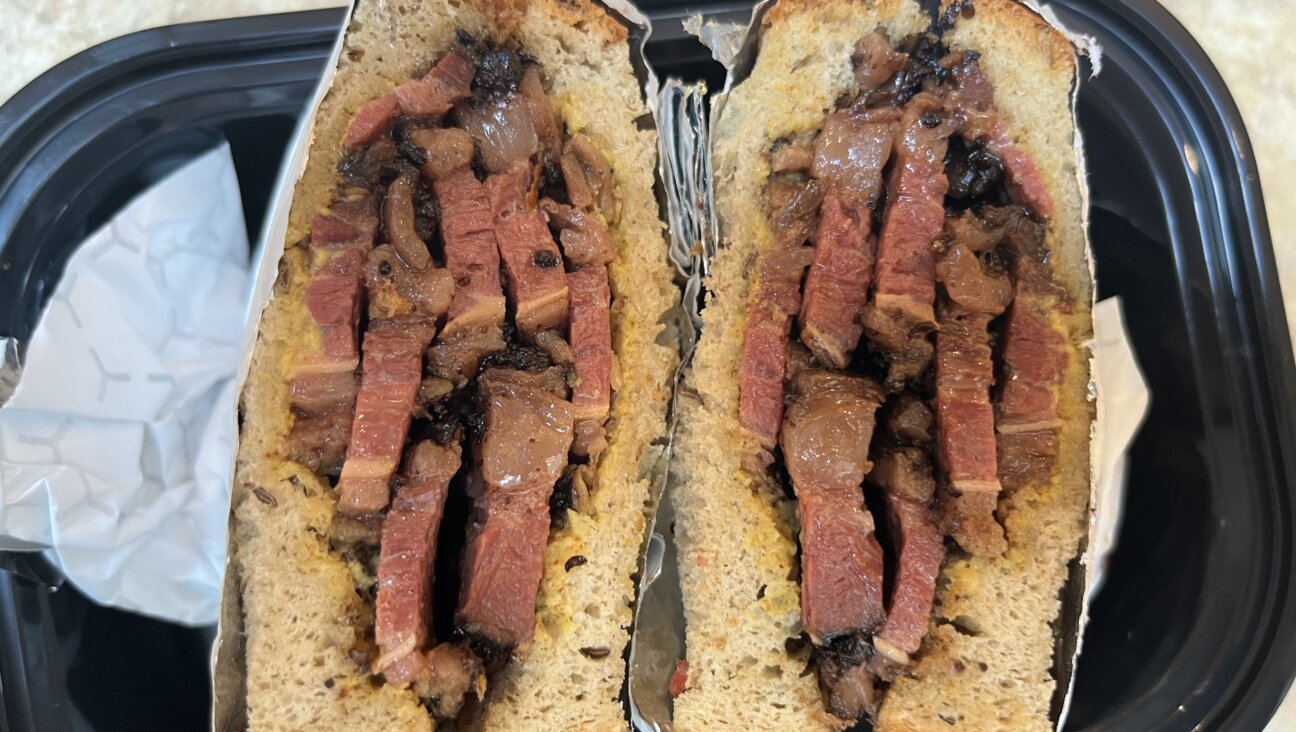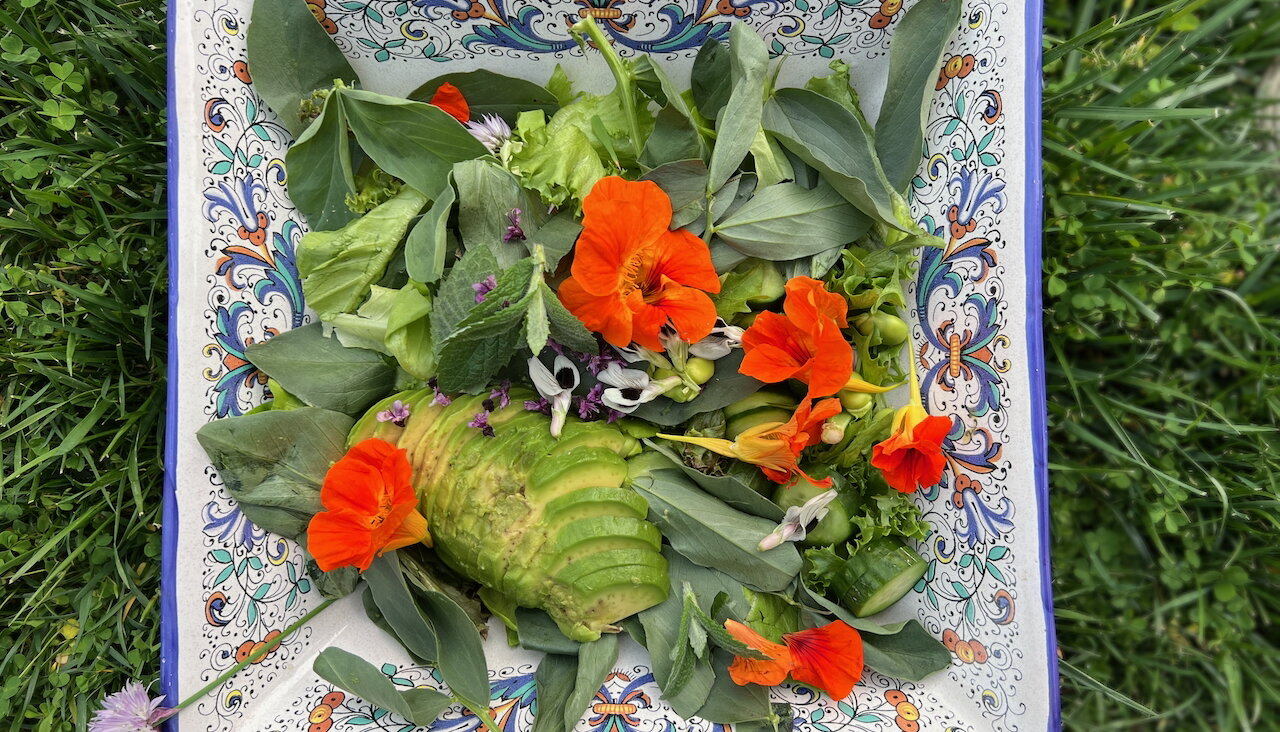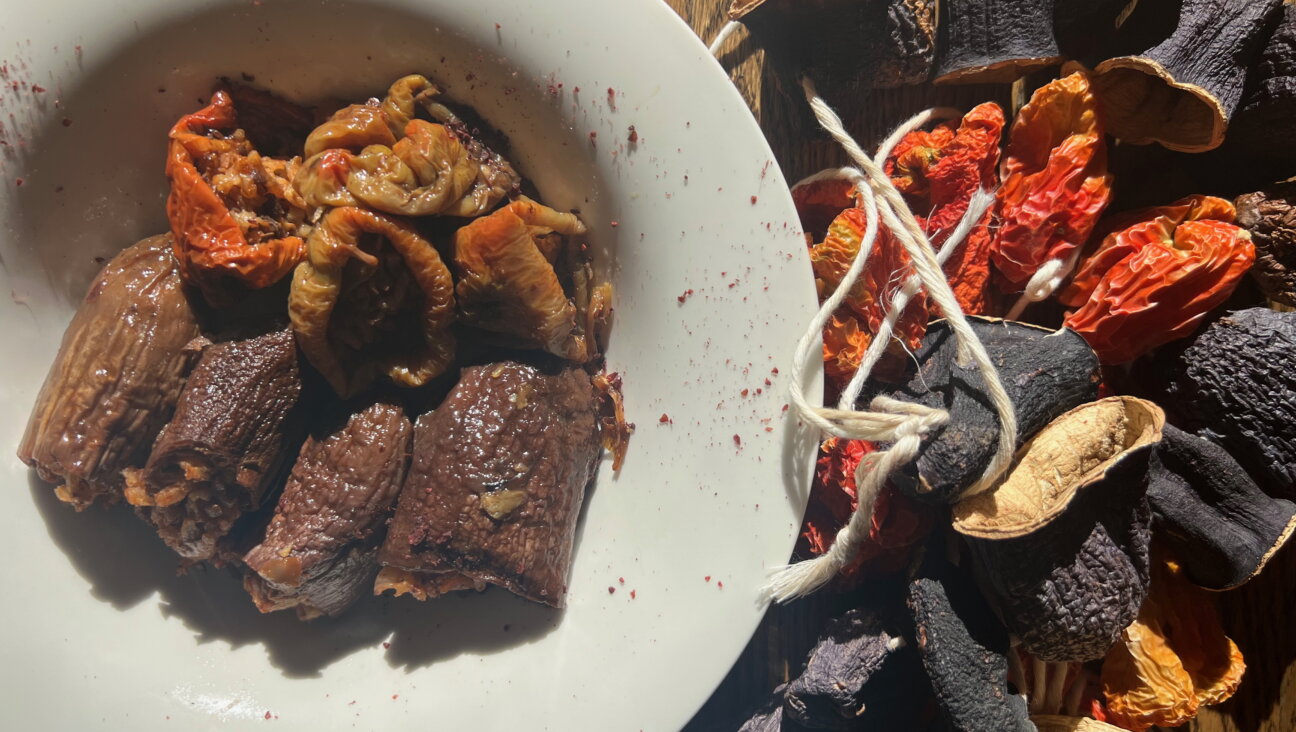The Best New Place To Eat in Northern Israel

Uri Jeremias, owns the fantastic Uri Buri fish restaurant in Akko.
Until recently, if you told someone you were going to visit Acre (known by most Israelis as Akko), you would probably have been asked, “What happened, did you lose something there?” or would have received a recommendation to try the delicious hummus at the Hummus Said restaurant.
The northern coast city was the capital of the Kingdom of Jerusalem, the Crusader regime that was established with the European conquest of Jerusalem in July 1099, and which extended over a large part of Palestine and Lebanon. Throughout history, it has always been a magnet, having been captured, abandoned and resettled many times since its founding. However, after Israel became independent in 1948, Acre languished for years as a development town that just happened to have an old city of moderate interest, and to host an annual alternative theater festival that would attract outsiders to the city for a brief period. As Haifa flourished to the south, Acre continued to be considered a pale, northern version of Jaffa.
However, anyone who visits the city today can sense that something exciting is happening here. In 2001, Acre was recognized Acre as Israel’s first UNESCO World Heritage site. But since that time and, until a year ago, nothing much seemed to be going on in town. Although it could be argued that with elections coming up in October, someone in City Hall realized that Acre’s combination of antiquities, seaside location, and spice and food market could have great potential, and decided to make some improvements. Regardless, the emergence of new eateries is a clear indication that the city is raising its game. Over the past 12 months, a myriad of restaurants and places of entertainment have opened, and against the backdrop of a new culinary awareness in the Western Galilee and thanks to easy access to fresh raw materials, Acre is in line to become the north’s new culinary capital.
Read more at Haaretz.com.
The Forward is free to read, but it isn’t free to produce

I hope you appreciated this article. Before you go, I’d like to ask you to please support the Forward.
Now more than ever, American Jews need independent news they can trust, with reporting driven by truth, not ideology. We serve you, not any ideological agenda.
At a time when other newsrooms are closing or cutting back, the Forward has removed its paywall and invested additional resources to report on the ground from Israel and around the U.S. on the impact of the war, rising antisemitism and polarized discourse.
This is a great time to support independent Jewish journalism you rely on. Make a gift today!
— Rachel Fishman Feddersen, Publisher and CEO
Support our mission to tell the Jewish story fully and fairly.
Most Popular
- 1

Fast Forward Ye debuts ‘Heil Hitler’ music video that includes a sample of a Hitler speech
- 2

Opinion It looks like Israel totally underestimated Trump
- 3

Culture Cardinals are Catholic, not Jewish — so why do they all wear yarmulkes?
- 4

Fast Forward Student suspended for ‘F— the Jews’ video defends himself on antisemitic podcast
In Case You Missed It
-

Culture Should Diaspora Jews be buried in Israel? A rabbi responds
-

Fast Forward In first Sunday address, Pope Leo XIV calls for ceasefire in Gaza, release of hostages
-

Fast Forward Huckabee denies rift between Netanyahu and Trump as US actions in Middle East appear to leave out Israel
-

Fast Forward Federal security grants to synagogues are resuming after two-month Trump freeze
-
Shop the Forward Store
100% of profits support our journalism
Republish This Story
Please read before republishing
We’re happy to make this story available to republish for free, unless it originated with JTA, Haaretz or another publication (as indicated on the article) and as long as you follow our guidelines.
You must comply with the following:
- Credit the Forward
- Retain our pixel
- Preserve our canonical link in Google search
- Add a noindex tag in Google search
See our full guidelines for more information, and this guide for detail about canonical URLs.
To republish, copy the HTML by clicking on the yellow button to the right; it includes our tracking pixel, all paragraph styles and hyperlinks, the author byline and credit to the Forward. It does not include images; to avoid copyright violations, you must add them manually, following our guidelines. Please email us at [email protected], subject line “republish,” with any questions or to let us know what stories you’re picking up.















